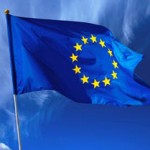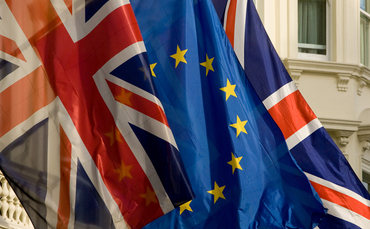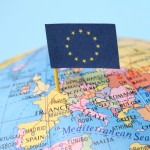Posts Tagged ‘EU’

The routines of adoption have been the conservative and the formats to be prescribed in detail in valuation of assets. The differences under IFRS and GAAP have been seen in the example of Telofonica Company, as its balance sheet showed two different figures in valuation of assets. The financial statement prepared under IFRS showed higher result of assets compared to GAAP mainly because the IFRS lets the companies revalue their assets. Moreover, the strict control of compliance with the Directives (Fourth and Seventh) when using IFRS has also been mentioned as one of the main factors to be taken into consideration. Furthermore, according to one of the respondents, the requirement under the Fourth Directive that annual accounts should present a true and fair view of a company’s assets, liabilities, financial position has also been mentioned as a key factor while adopting IFRS. The findings regarding the adoption of IFRS by EU listed companies are that majority of EU listed companies have adopted the IFRS for more than just for consolidation purposes and their answers have been categorised below according to their level of importance: The process of adoption is complex, burdensome and at the sae time expensive Companies do not think that they can lower the cost of capital even if they apply IFRS Key challenges as mentioned during the interview are lack of guidance while converting and implementing IFRS, lack of uniform interpretation even though IFRS tends to be more flexible and informative And majority of EU companies would not adopt IFRS if it was not required by EU regulation. Moreover, conversion to IFRS will also improve the shareholder orientation in countries such as France and Germany as they used to emphasize on tax regulations and stakeholder orientation, therefore, these country’s investors benefit greatly due to them being as…

“The decision of the Commission of the European Union (EU) to oblige listed European companies…to establish their consolidated financial statements according to IFRS (IAS) represents a preliminary peak in the internationalisation process of financial accounting in Europe” (Haller and Kepler, 2002). The need for Harmonization: The activities of companies extend beyond national frontiers and shareholders and other stakeholders need protection throughout the EU. And in order to achieve this and to encourage the movement of capital, it is necessary to create a flow of reliable homogeneous financial information about companies from all parts of the EU. And they further argue that since companies in different EU countries exist in the same form and are in competition with each other, they should be subject to the same laws and taxation. Obstacles for harmonization in the EU: The obstacles for harmonization are the fundamental differences between the contexts and purposes of the various national accounting systems in the EU. And the main differences are: Differences between creditor/secrecy in the traditional Franco-German systems and investor/disclosure in the Anglo-Dutch systems Differences between law/tax-based rules and private sector standards These difference shave contributed towards the great variations in the size and strength of the accountancy profession. Here are some social-cultural related problems that IFRS can encounter by its implementation in various countries: One of the most crucial issues is the lack of strong professional bodies in some countries to promote the harmonization. The bodies such as IASC (International Accounting Standards Committee). Due to lack of these professional bodies, there will be less guidance to follow and support available. Another point is the degree of professional education and training systems for accounting. Education and training systems in developed and western countries are more professional than in developing countries. Therefore, the accountants in these countries will be sooner…

As a “group of European countries that participates in the world economy as one economic unit and operates under one official currency, the euro” (Investopedia, 2013) European Union (EU) has specific measures, rules and regulations that govern employment relations and human resources management aspect of businesses in its territory. The most significant themes related to employment issues in EU include specific characteristics of Euro HRM, EU social charter, employment issues and rights within EU, and European employment law. Specific characteristics of Euro HRM relate to legislative framework, trade union and consultation, and pattern of ownership among other issues and these points need to be taken into account by expatriates with assignments within the EU. Moreover, there are certain differences in HRM practices within the among the EU countries as well. It has to be stressed that “the differences in HRM within European countries stem from national factors, namely cultural values and norms, societal structure and language, from company factors, including size, ownership and geographical scope of companies and also from regional factors, such as north/south or east/west divide” (Nikandrou et al., 2006, p.178). European Social Charter as an important treaty adopted in 1961 deals with human rights and freedom issues associated with employment relations. The Charter has been revised in 1996 and it has been ratified by all members of EU. The fundamental employee rights have been specified in the Charter and the most significant points include the freedom of movement, freedom of association, protection of health, equal treatment of both genders, social protection etc. European Social Charter as an international labour law within EU has made significant contribution to dealings with expatriates not only within EU but also to a global scale to a certain extent. This contribution relates to the fact that expatriates coming to EU countries are…
